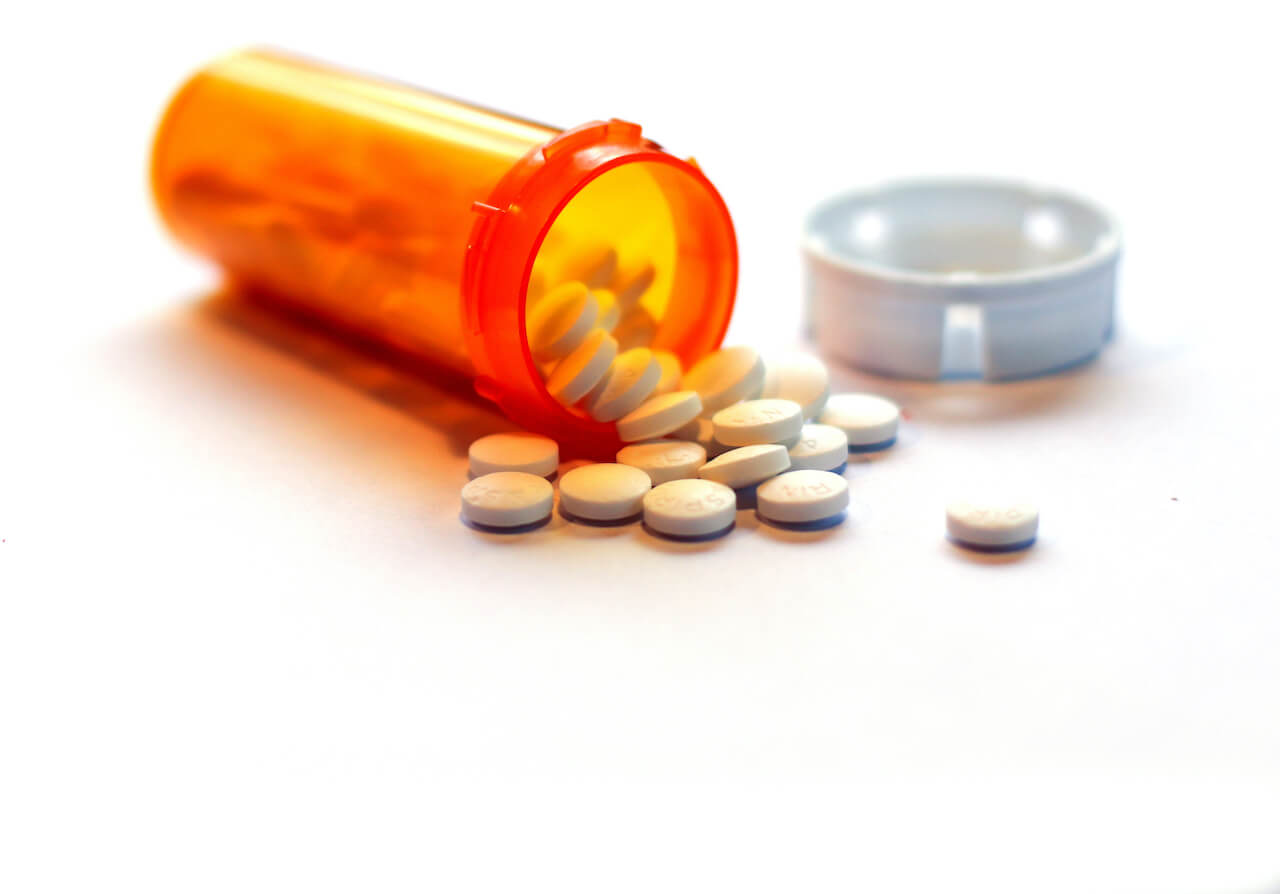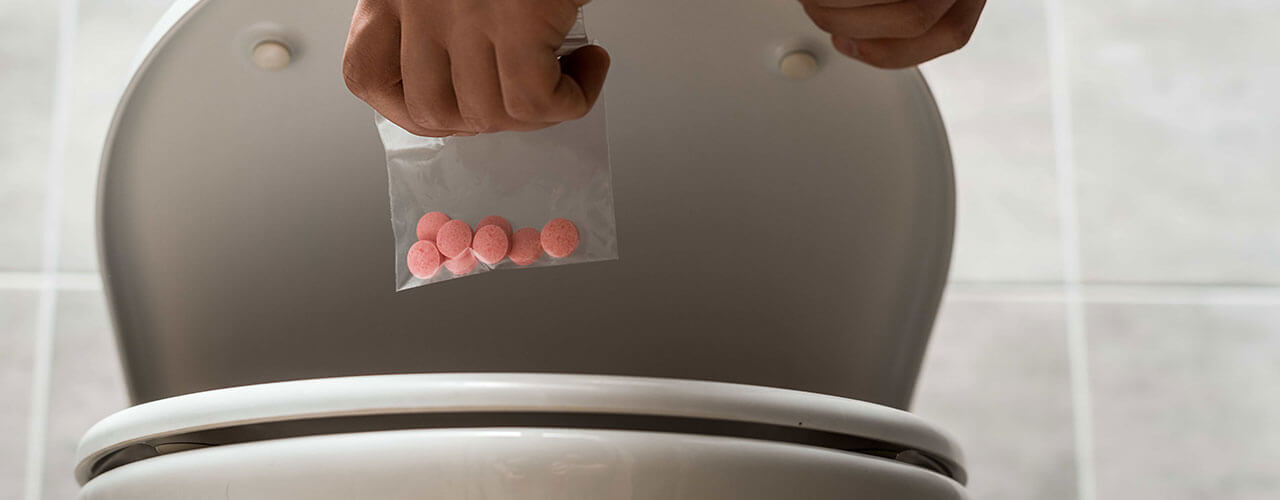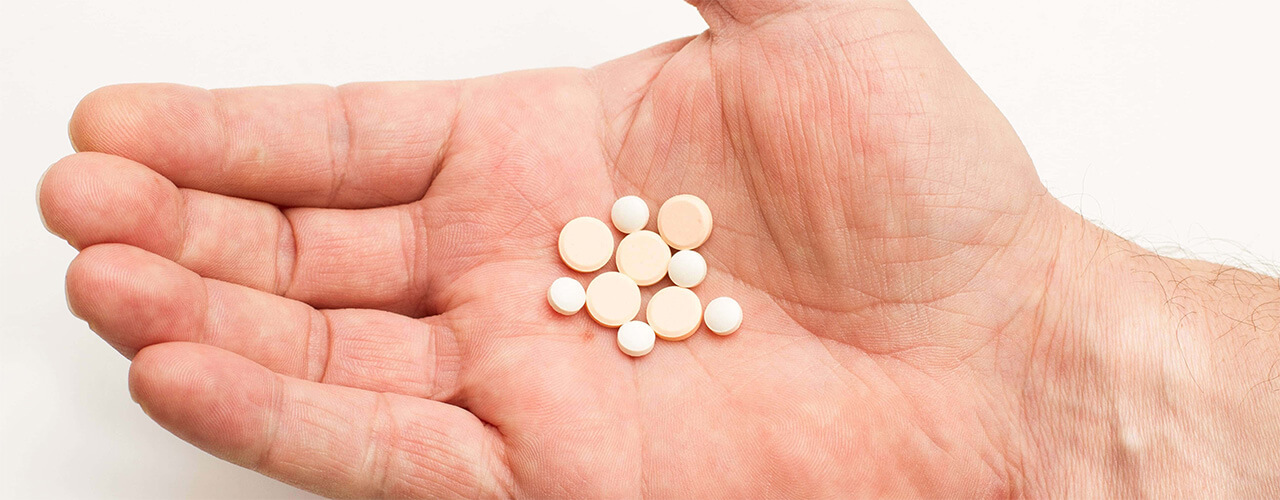As we all know, there has been an opioid crisis plaguing our country. In just 2016 alone, 116 people died each day from opioid overdose. In America, it is estimated that approximately 11.5 million people abuse prescription drugs.
This is a frightening time, but there is a solution. Physical therapy can provide pain relief in natural, safe, and more effective ways. Physical therapy works to provide long-term relief, rather than simply masking pain in the short-term, as opioids do.
Opioids create a dependency as they do not solve painful issues. If you are looking to eliminate the need for opioids with the help of physical therapy treatments, don’t hesitate to contact Fultz Physical Therapy today.
Why are opioids so dangerous?
It may be difficult to understand why opioids are so dangerous for so many people – to understand, you have to know that the processing of pain goes deeper than what you feel physically. Much of the pain you feel is processed by your brain.
For example, every time you stub your toe on a coffee table, pain receptors are sent to your brain. You feel the physical pain, and as a response, your brain releases chemicals to try and ease it. These chemicals act as natural opioids by slowing your breathing, blocking the pain signals, and bringing you back to a state of well-being.
However, if you are suffering from chronic pain, surgical recovery, or a severe injury/trauma, your brain cannot produce enough opioids to keep up with the demand for pain relief. Because of this, pain-killing medications are often prescribed. Prescription medication mimics the chemicals your body naturally produces, acting to relieve pain – but it does not help your body heal.
Since your condition will remain the same without an alternative form of treatment, people often feel as if they need to take higher doses as their bodies become used to the drug. This is the main reason why overdoses occur.
How can physical therapy help?
With physical therapy, you will not only find ways to relieve your pain, but also ways to improve your overall function. Physical therapists work hard to get to the root of your problem, in order to correct it. Unlike opioids, physical therapy helps to enhance the healing of your body – providing long-term relief, as opposed to short-term.
Your physical therapist will employ a series of treatments for your condition, which may include ice and heat therapies, manual therapy, stretches, or ultrasound. Your treatment plan will also address strength, flexibility, and overall mobility, in order to get you back to your normal physical function.
Over 116 million people struggle with chronic pain, which greatly hinders their abilities to stand, walk, run, work, and move as they wish. Your physical therapist will address all of these functions and will work with you to get you back where you want to be. One of the main goals of physical therapy is to improve overall quality of life, which your physical therapist will be dedicated to helping you achieve.
Get natural pain relief today!
Our physical therapists are movement experts who are highly trained and dedicated to helping you get your body back to its optimum level of function. We help treat the root cause of pain, rather than covering it up.
There are several physical and mental benefits to physical therapy. People suffering from chronic pain have been statistically more likely to develop depression, anxiety, and overall feelings of isolation. Physical therapy can help ease these undesirable feelings by giving the patient a support system through every step along the way. Additionally, physical therapy focuses on movement, which releases endorphins and help ease upsetting feelings.
Don’t let yourself fall victim to the opioid crisis. Give yourself the safer alternative to pain relief by contacting Fultz Physical Therapy today. We’ll help create the best treatment plan for your specific needs, so you can live a pain-free life without the need for opioids.
Tags: Health, Exercise, Lower Back Pain, Manual therapies, Dry needling, Metabolic Arthritis, Lots of veggies, Weight loss, Digestible value, Vegetable products, Enhance Performance, Fitness, Wellness, opioid










